Bill Harrah, the Nevada casino owner, was known for his extensive automobile collection. Living in Reno he also collected Virginia City, Nevada and surrounding California gold country gambling memorabilia. Like most collectors after a while he purged his own excesses. In 1975, soon after he married Bobbie Gentry he held an auction, not for the cars, but for the early California and Nevada gaming equipment and surplus antique slot machines. 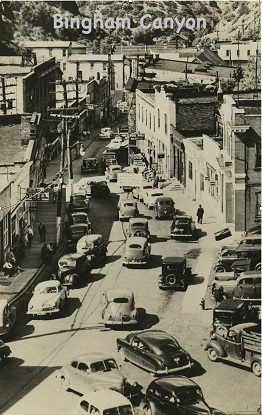
My father had operated slot machines since the 1930’s, so in fact I grew up around these great American relics. Slot Machines were used discreetly in Utah well into the ‘70s and even a few snuck by into the 1980’s. Gambling and slot machines could be found in fraternal clubs and out-of-the-way areas like Bingham Canyon and Carbon County that had little use for state or federal law-enforcement. Those communities held an attitude that anything but local government should stay out of their own local business. Local law enforcement could be sympathetic.
There was one incident when undercover Utah State agents went into Bingham Canyon to investigate local police corruption. When they came back to their car it had 4 punctured tires. Their calls for local help were met with unsatisfactory responses. Ultimately they had to call to Salt Lake for help. It was the Canyon’s way of saying “get off my lawn!”.
My grandparents and their two boys lived in a small apartment above their floral/soda shop on Midvale Main Street. Dad was born in 1911, and entered adulthood at the beginning of the depression. He went “on the bum” to California to look up distant relatives for ideas for his future but returned home sans inspiration. Back at home he bought a couple of used slot machines and placed them in a local 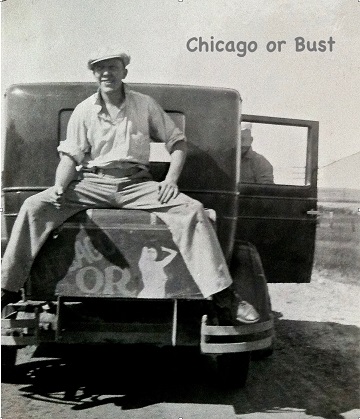 speakeasy and in his parents soda fountain. With this rudimentary experience and spark of an idea he went on the bum again to Chicago. – Chicago or Bust! – He introduced himself to the slot machine maker Mills Manufacturing, and to Exhibit Supply Company.
speakeasy and in his parents soda fountain. With this rudimentary experience and spark of an idea he went on the bum again to Chicago. – Chicago or Bust! – He introduced himself to the slot machine maker Mills Manufacturing, and to Exhibit Supply Company.
He was able to make an agreement that he could buy Mills slot machines factory direct and was to be a factory rep for Exhibit [ESCO]. He returned to Utah, and with a partner, opened up Utah Exhibit Co. specializing in coin operated machines at 159 East Broadway in downtown Salt Lake City. I’ve seen his books, He used double entry accounting, his business was barely profitable. It was in fact the Depression and he was counting nickels. He placed a variety of coin machines including claw machines and a few slot machines around Salt Lake. He avoided vending machines.
When the war broke out, he couldn’t enlist but drove a pole truck for Utah Power & Light, in order to fulfill a patriotic duty to an essential industry. Utah hosted a variety of war effort industries including Army camps, Fort Douglas, and Hill Field. Lots of soldiers were awash with money. When dad was not working for the power company he was able to place pinball machines that had a gambling angle at busy bars that soldiers frequented. Now he was making money. He built Diamond Billiards pool hall and card room on Main St., Midvale, bought a house for our family, and a Packard. Sometimes the law would get in the way and bust up his pinball and slot machines without ever prosecuting him. He considered that it was just the cost of doing his underground business. Midvale City overtly accepted the slot machines and simply ticketed the locations with scheduled misdemeanors and fines that added to the municipal coffers.
I was born in 1950 to wonderful loving parents. That same year dad built another building next to his Diamond Billiards to operate the coin machine business. He rented the front third to an accountant so the entrance door opened to a quiet bookkeeping office, but just beyond two swinging doors the building opened up to his real business of pinball machines, jukeboxes, punchboards, and dozens of rarely used old mechanical slot machines.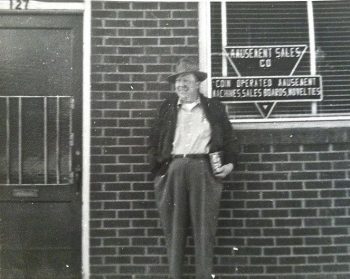
I loved it when dad took me to his appointed rounds: the cafés and taverns that he had machines in. He liked to do his business before the bars opened to avoid interaction with their customers. I felt pretty grown-up for a seven-year-old when I could walk into a tavern with my dad. The bartender might give me a package of peanuts or an Orange Crush and have a some small talk with me. The cash boxes of the machines were emptied on a table with a corner booth. I was convinced we were rich as the pile of nickels seemed to fill the table and be 2 feet high. He put me to work counting and rolling up the nickels into paper nickel wrappers. He was lightning fast at wrapping them up. I wasn’t clumsy but I was slow as I was distracted looking for coins with rare dates. I found a few too. I still own the first 3-Legged Buffalo nickel that I spied in a pile of coins at Thayne & Linda’s Café. Finding rare coins, like gambling give the random rewards that are powerful psychological forces. After finding a few rare coins, I was hooked on collecting.
The pinball and jukebox business was profitable but lots of work and heavy lifting. In 1965 Dad sold that part of his business to his two employees. The new owners were not interested in the punchboard business. After a lifetime of hard work, he started to take it easy. We moved to a Salt Lake 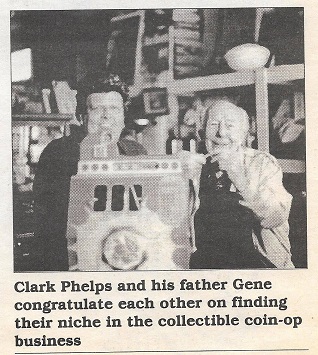 condominium, he bought a piece of Mexican beach on the Pacific Ocean, built a modest beach house, and with my mother traveled to most of the popular tourist destinations around the world. He relied on me to stay in Utah and continue to keep watch on what little punchboard business he had, and manage his real estate properties.
condominium, he bought a piece of Mexican beach on the Pacific Ocean, built a modest beach house, and with my mother traveled to most of the popular tourist destinations around the world. He relied on me to stay in Utah and continue to keep watch on what little punchboard business he had, and manage his real estate properties.
A dilapidated galvanized steel shed in the back of the shop stored dusty forgotten boxes of outdated punchboards. Some of them were graphically interesting with clever cartoons or applied pin-up up art. I have a eye for antiques and recognized that these punchboards might be promoted as collectibles.This was in mid ‘70s, where much of the national antique market went through “The Antique Trader Weekly”, a magazine full of articles, news releases, and classified advertisements. I put together an ad with a picture of interesting punchboards and offered an assortment of 4 for $15. The 2” display ad was quick to deliver success. After that my very first article was published: “The Punchboard Primer” a self-serving explanation of the what-why-how of punchboards. Between the article and the advertisement, I had expanded my secondhand and antique business into the newly self-developed collectible punchboard market. Collectible punchboard sales were brisk. I increased my inventory by buying thousands of obsolete [collectible] punchboards from distributors, jobbers and manufactures at salvage prices. I continued to write punchboard and general antique articles for other collectible magazines. I landed the cover three times.
This was just after Bill Harrah had his famous auction of gambling memorabilia and old slot machines. Slot machine collecting was in its very infancy. There was little information to be had, collectors and 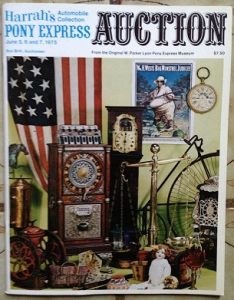 historians were guessing on what was rare. The hobby was new and unorganized. This whole specific collecting field was on the hush-hush, as slot machines were still deemed illegal in most states, and interstate shipment could be prosecuted federally. The Reno auction was the beginning of the slot machine collecting hobby that had yet to mature. The Harrah auction catalog was the first time that I had ever seen established prices for old slot machines. Dad had dozens in the shop.
historians were guessing on what was rare. The hobby was new and unorganized. This whole specific collecting field was on the hush-hush, as slot machines were still deemed illegal in most states, and interstate shipment could be prosecuted federally. The Reno auction was the beginning of the slot machine collecting hobby that had yet to mature. The Harrah auction catalog was the first time that I had ever seen established prices for old slot machines. Dad had dozens in the shop.
After consulting a lawyer, we were advised that slot machines as historical items are legal to own in Utah. There is no legal gambling in Utah – Absolutely None! All gambling in Utah is illegal, occasionally overlooked, but it’s always against the law. A deck of cards is not a gambling item until it is used in gambling, and a historical slot machine is not a gambling item, if it is only a historical artifact. But once you put a nickel in, pull the handle, and expect an award, then it is a gambling device. Until it is used in the context of gambling, it can legally be defined as an historical artifact. This was a relief.
Some of my favorite life adventures have been chasing down old slot machines. Dad had contemporaries, men that did more or less the same thing he did, discreetly operate slot machines in Utah in the 40s and 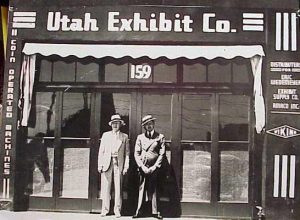 50s. Sometimes these men were competitors, sometimes they were colleagues. I quietly put the word out that I was buying old slot machines. I used my fathers connections and presented myself to his contemporaries, competitors and fraternal organizations. Through several different deals I bought dozens of slot machines out of Provo, Tooele, Carbon County, and Ogden and quite a few out of Rock Springs, Thermopolis, and Kemmerer Wyoming.
50s. Sometimes these men were competitors, sometimes they were colleagues. I quietly put the word out that I was buying old slot machines. I used my fathers connections and presented myself to his contemporaries, competitors and fraternal organizations. Through several different deals I bought dozens of slot machines out of Provo, Tooele, Carbon County, and Ogden and quite a few out of Rock Springs, Thermopolis, and Kemmerer Wyoming.
All of those deals turned out to be fun adventures and memories like the buy that I made in Richfield Utah. A local fraternal club had taken down their slot machines due to an insider tip from a friendly local policeman that they would be busted by the State if they continued to use them. Clint, a club member by night, and mail man by day, had squirreled away the slot machines to the dirt basement of his private home, a bungalow on one of the older streets in town. Because he was frightened of possible legal problems his telephone conversation with me was cryptic and nearly unintelligible. Paranoia had lead him to believe that his phone might be tapped, so he called me from a pay phone in a popular diner on the outskirts of town. It became clear that they were anxious to get rid of their slot machines quickly and on the down-low. From our confuscated conversation, I wasn’t able to figure out how much they wanted or what kind of machines they had, but I could sense that they were motivated sellers and their unfounded paranoia demanded confidentiality. I planned to meet him in Richfield the next day in a 1963 Ford Econoline that I had nicknamed “The Contravan”.
The March morning was gloomy. The windshield wipers pushed off rain or snow the entire trip to Richfield. I had enlisted a friend to join me, not only for company but for muscle. Most old slot machines weigh 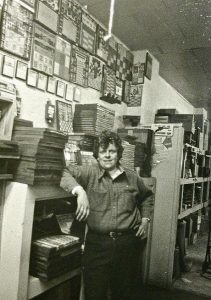 between 85 and 100 pounds. Sometimes I would carry a slot machine to the contravan in two trips, the mechanism and then the case.
between 85 and 100 pounds. Sometimes I would carry a slot machine to the contravan in two trips, the mechanism and then the case.
Club member Clint met me at a street corner about 75 yards from the post office. He was in uniform. After a quick greeting he hopped in the contravan, and directed us to his house. He didn’t want us to know where he worked but he was wearing his USPS uniform. He didn’t want us to know where he lived but he couldn’t avoid it as the machines were in his basement. He was chilled with fear of legal problems. He wouldn’t let us enter his house. Of course I had to see the machines in order to make an offer. When he lugged one out, I was excited to see was the kind of slot machine that I was after. The machine was postwar, about a 1948, Mills “High Top” with original paint. I offered $300 and the acceptance was quick. He produced 4 more of the same model for a total of five machines and then he carried them one at a time to the contravan. He provided all the muscle it took. I cashed him out, secured the load, threw a blanket over the top for discretion, took Clint back to his not so secret job at the post office, and was back in Salt Lake soon after sunset. I was thrilled with the “pick” of 5 original old Mills slot machines.
Dad had made arrangements with the same Mills Manufacturing back in the 30s. For a time during the ’40’s he was a factory rep for Pace Manufacturing. Pace made a simple machine but a Mills machine out of the 1940’s and ’50’s is American machinery and know-how at its best. The Mills High Top had evolved 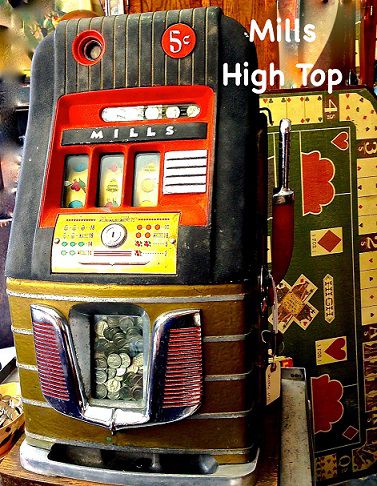 into a strong, dependable, over engineered, nearly cheat proof machine with a stylized modern look. The locks and keys were proprietary and nearly pick proof, the insides were steel lined to keep cheats from drilling holes and manipulating the mechanisms. They are completely mechanical, with cams, springs, levers and governors that beat out a five step rhythm that well trained ears like mine can pinpoint mechanical weaknesses: click – click – click – thunk – splat!
into a strong, dependable, over engineered, nearly cheat proof machine with a stylized modern look. The locks and keys were proprietary and nearly pick proof, the insides were steel lined to keep cheats from drilling holes and manipulating the mechanisms. They are completely mechanical, with cams, springs, levers and governors that beat out a five step rhythm that well trained ears like mine can pinpoint mechanical weaknesses: click – click – click – thunk – splat!
The pull handle is a comfortable stylized sword hilt. Some deluxe High Tops, like the ones that came from Richfield have extended front-load jackpots that, in their day, were the largest of lures to the casual gambler. Historically, jackpots have continued to evolve into ever larger awards. Today, it’s possible, but unlikely to win a multimillion dollar jackpot on a slot machine. But in the days of the entirely mechanical slot machine, all awards were paid out through the machine.
Once you put a coin in a High Top slot machine, it is tested for weight, size, and nonferrous attributes, then exposed behind glass on a runway called an escalator so it can be visually checked that the coin is not a slug. The coin then falls into the payout tube, when that is full, the coins fill a jackpot window, and when the jackpot is loaded the coin finally falls to the cash box, which of course is the whole point. The spinning wheels are just a diversion to take your coin and eventually put it in the cash box. Old mechanical slot machines like the High Top have payouts of about 80%. If you put in $1,000, probabilities dictate you will get $800 back.
In 1983 The Utah Historical Society caught wind of my collection. I cooperated with them for an exhibit at the Rio Grande Depot in Salt Lake. They honored me with a service award but more importantly my collection on public display, helped legitimize slot machines as historical artifacts. I was out in the open.
To me the old machines are mechanical marvels. I’ve had a lot of grease under my fingernails taking them apart, repairing them, and putting them back together. I enjoy working on them, but the real excitement will always be “The Find”.
Clark Phelps lives in Salt Lake City, Utah.
Click Here to Read Clark’s Previous Installment of “Bygones & Obsolete Stories…”
To comment, scroll to the bottom of the page.
Don’t forget the Zephyr ads! All links are hot!

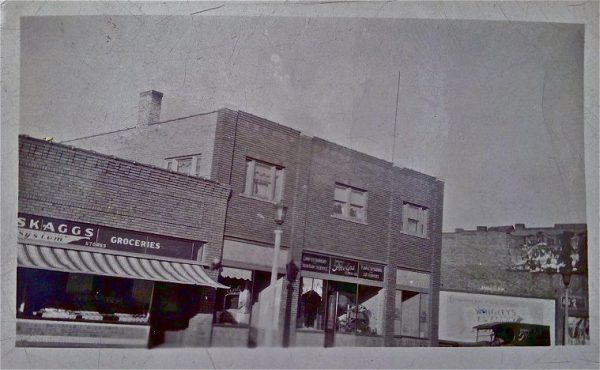
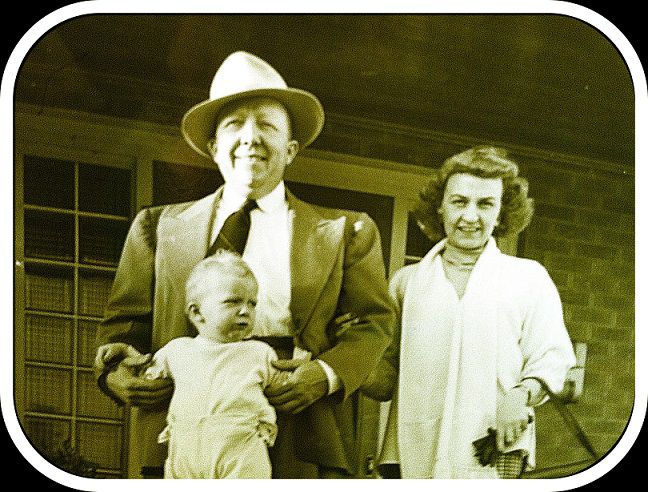
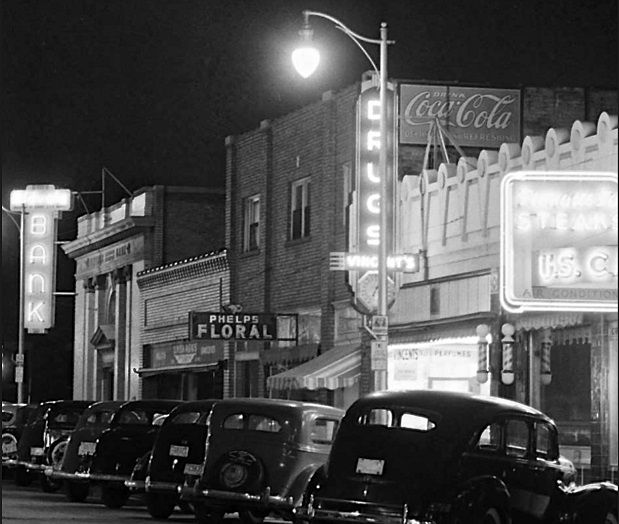
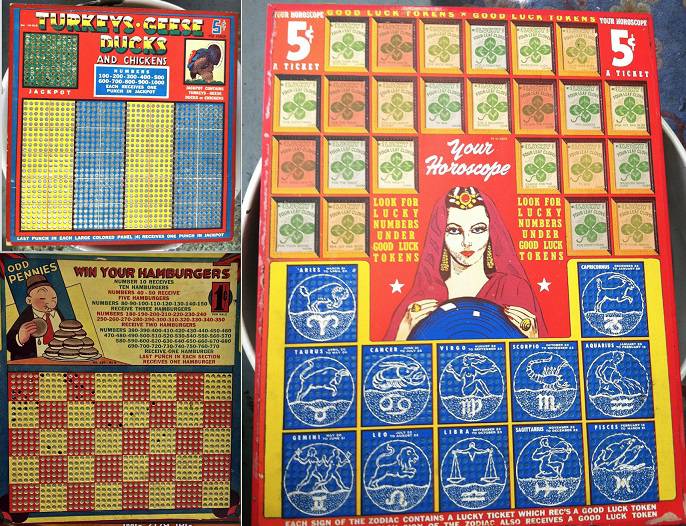
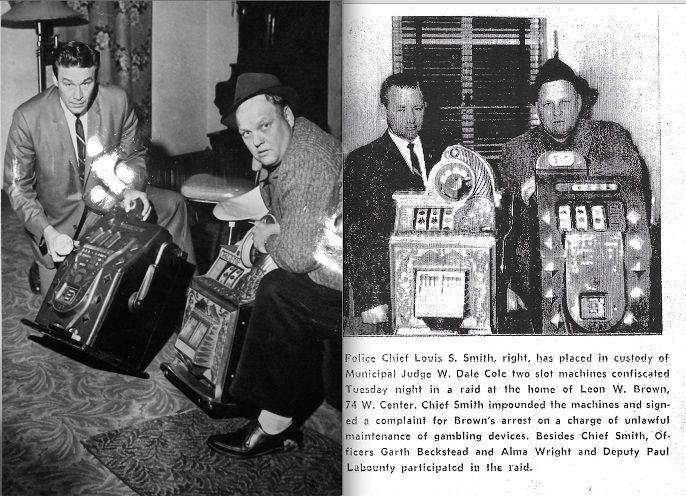
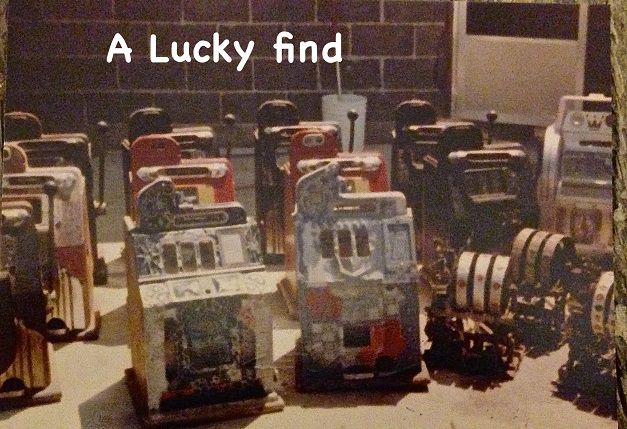
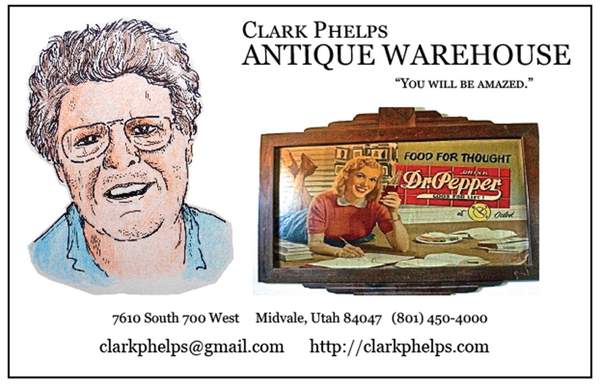
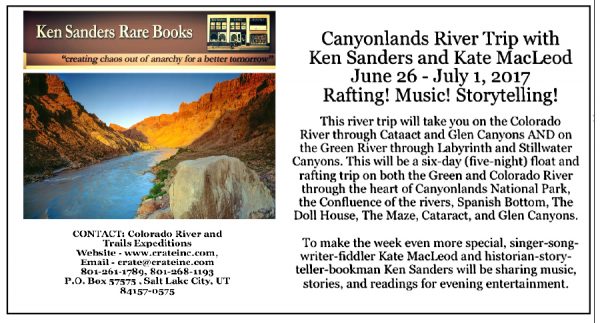
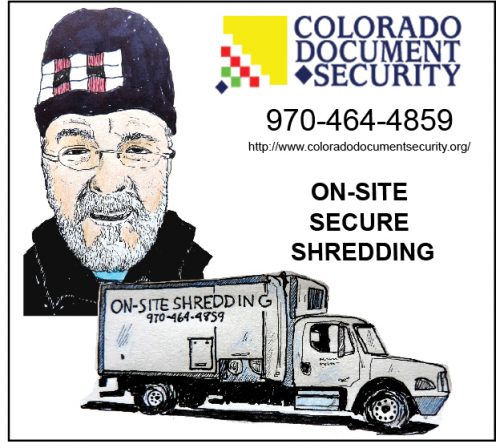
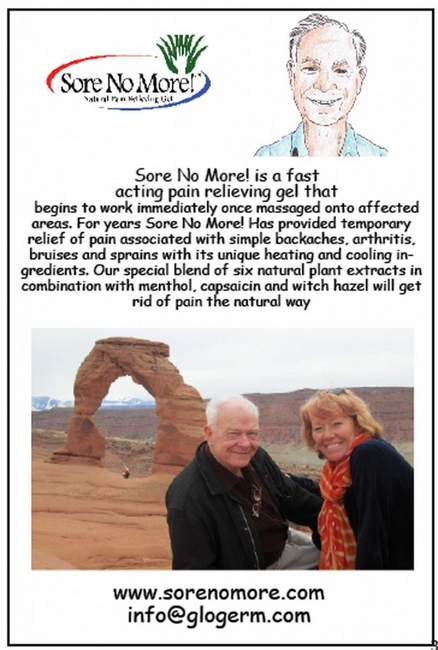
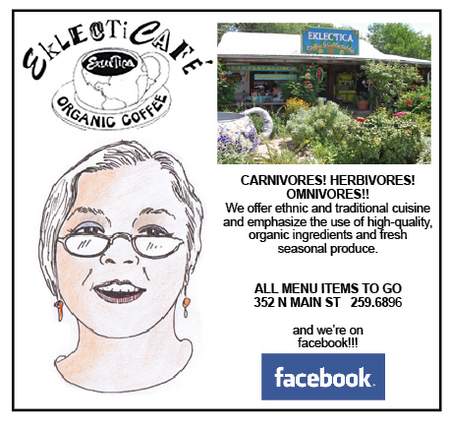
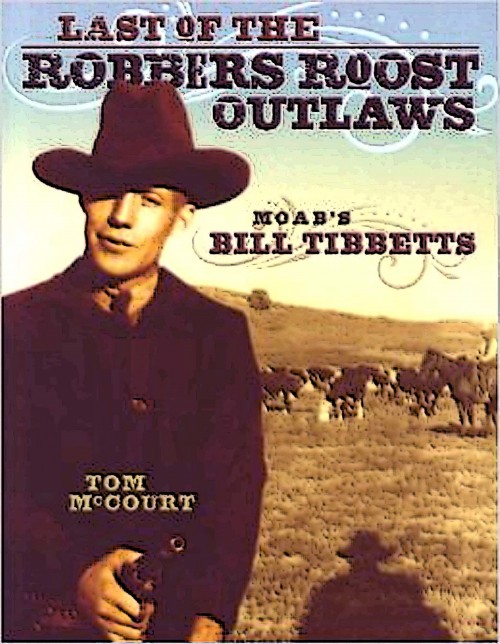
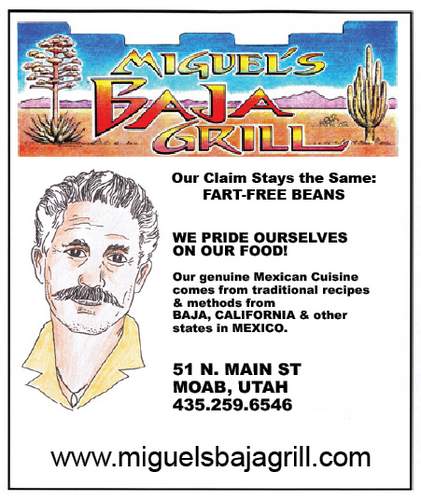
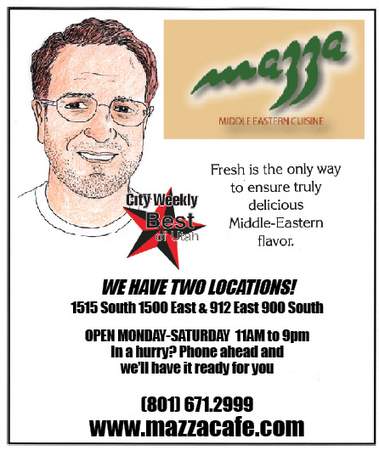
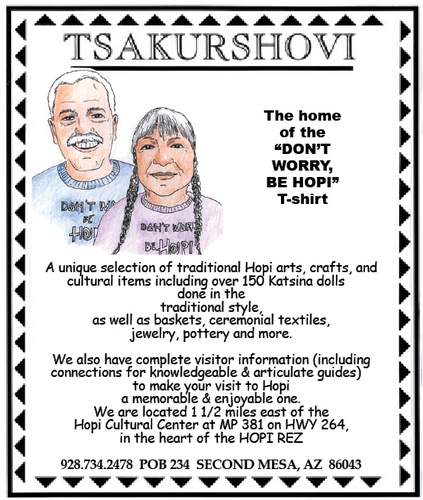

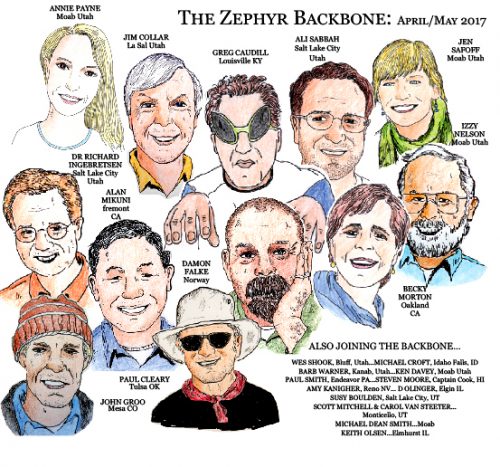
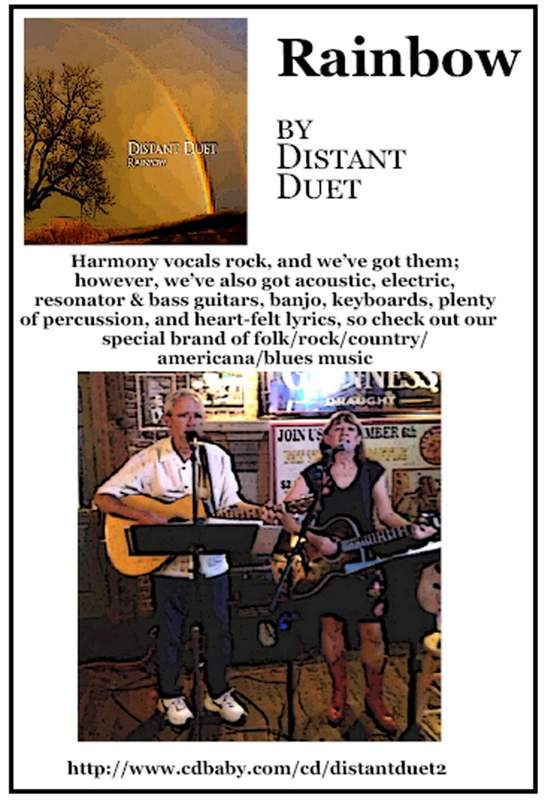
Awesome article Clark Phelps! Thanks!
My grandfather owned 5-6 drug stores, next to bars, in the 50’s-70’s, then my uncle took over. These were in Vegas. I remember those old High-Top machines. Occasionally, my grandpa would bring home (SLC) buckets of coins. We would count coins and roll them. Much of the time, he would give us a roll of quarters as a surprise for counting & putting the coins in wrappers. He wasn’t into the antique business, but has left a lasting impression on me!
Great Old tales emerging from Depression era Utah, hard scramblers and old gamblers scrimmaging for high ground in a shifting American landscape. Loved Brigham Canyon — Ozark back country whiskey runners had nothing on these characters!